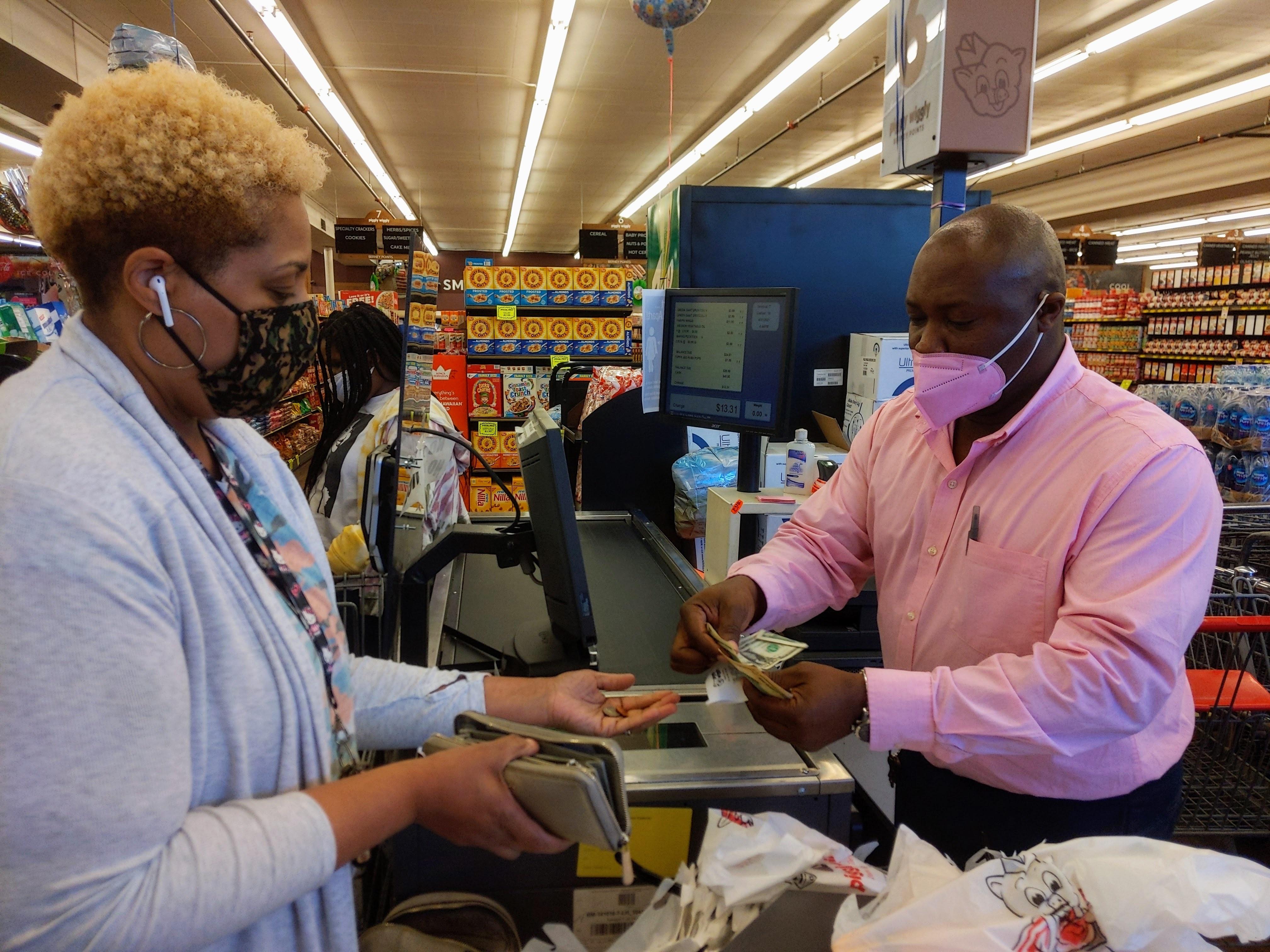Louisiana was successful in getting rid of its grocery tax back in 2003. The man who made that happen was ex-lawmaker Vic Stelly.
Stelly managed to not just cut the grocery tax, along with drug and utility taxes, but pay for it. His plan, appropriately called the Stelly Plan, raised the income tax to make up for the lost revenue.
“If you were on the higher end on the income scale you were paying more tax,” said Greg Albrecht, the chief economist for the Louisiana Legislature. “Everyone knew he was going to be paying more taxes too.”
Stelly died of COVID-19 last year.
For a while his plan worked as intended – lower-income families paid less, higher-income families paid more and Louisiana’s tax revenue kept flowing.
But the Stelly Plan didn’t last. While the grocery tax cut had been approved as a constitutional amendment and remains untouched to this day, Louisiana Gov. Bobby Jindal repealed the income tax hike in 2008.
That led to a budget hole, which lawmakers solved by raising the sales tax in 2016 on just about everything but groceries.
Today, it’s unclear if low-income families in Louisiana are saving any money. But that’s the scenario some economists warn about when cutting the grocery tax – it doesn’t help families if their wallets get hit somewhere else.
“The most neutral solution is just to keep the sales tax as low as possible,” said Katherine Loughead, a senior policy analyst with the Tax Foundation.
This story was produced by the Gulf States Newsroom, a collaboration between Mississippi Public Broadcasting, WBHM in Birmingham, Alabama, WWNO in New Orleans, Louisiana and NPR.




